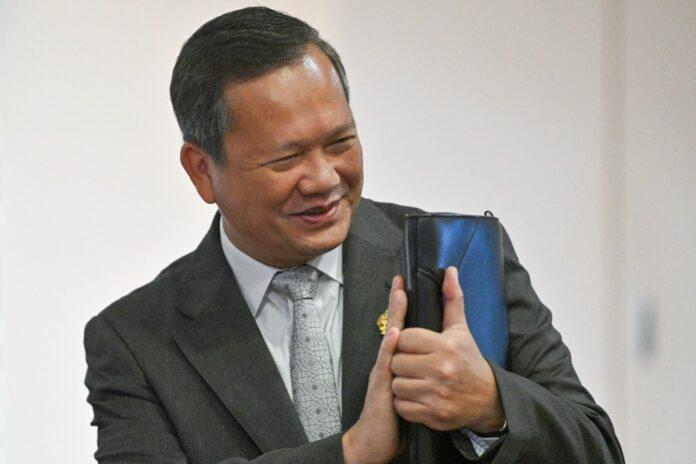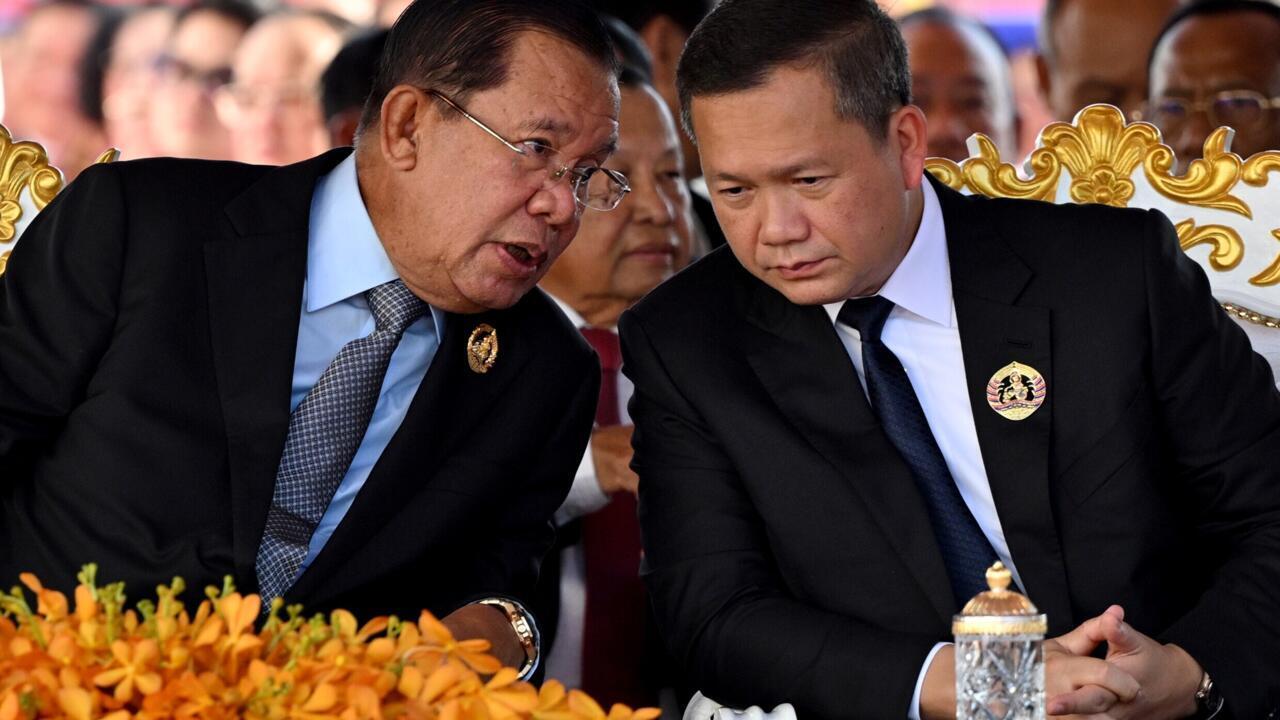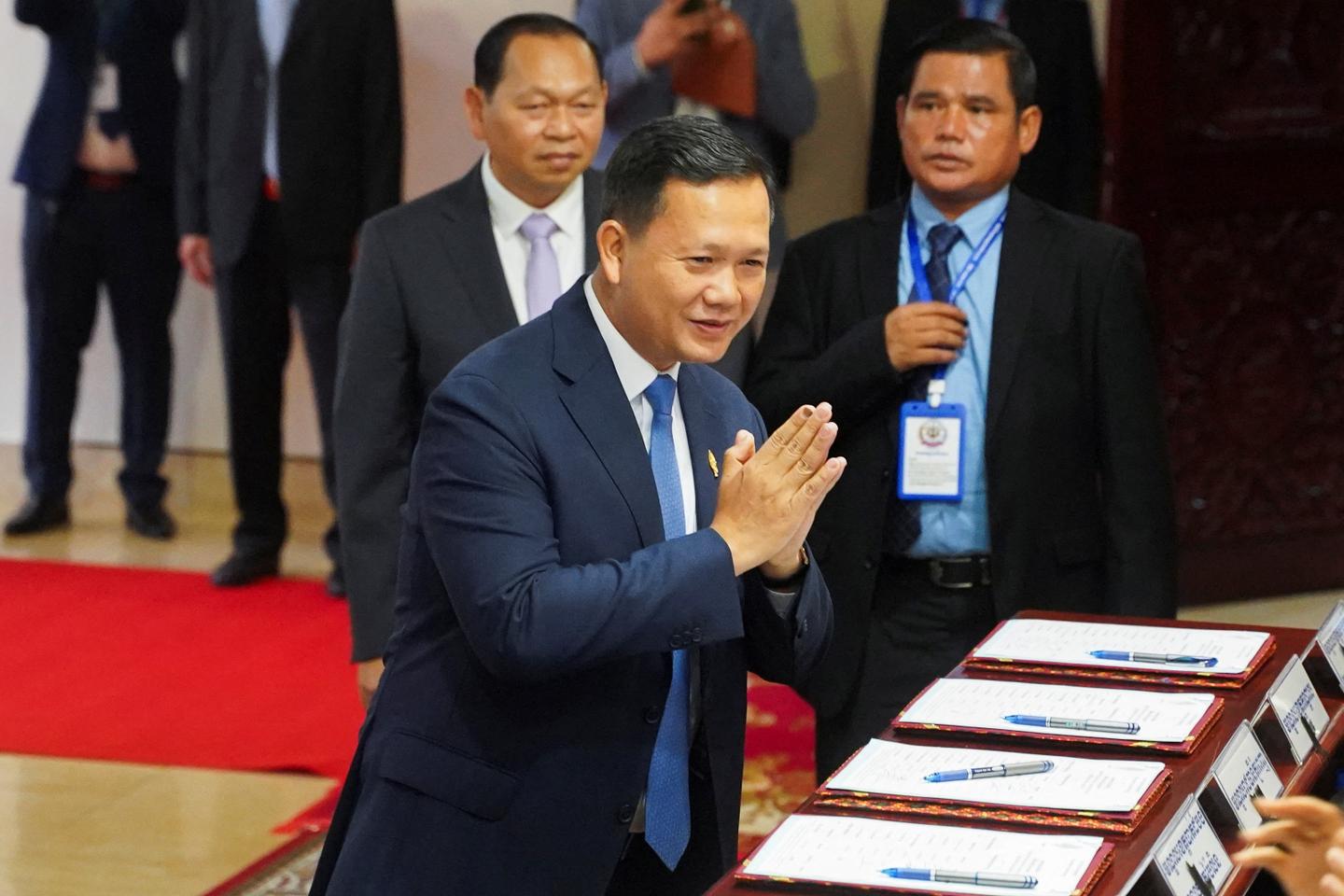Cambodian Lawmakers Approve Controversial Constitutional Amendment on Citizenship Revocation
The recent vote by Cambodian lawmakers to amend the constitution has sparked intense debate across the nation and beyond. The amendment allows the government to revoke citizenship from individuals deemed a threat to national security,a move that critics argue undermines human rights protections and could lead to arbitrary decision-making by authorities. Proponents of the change assert that it is essential for maintaining order and safeguarding the sovereignty of the state,citing a growing need to address increasing unrest and dissent within the community. The government’s position emphasizes the importance of loyalty and security in a rapidly changing political environment.
Critics of the constitutional amendment have raised alarms about the potential for abuse, claiming that the vagueness of the terms could lead to misuse against political opponents and marginalized groups. Both local and international human rights organizations have expressed concerns that this move may pave the way for further crackdowns on freedom of speech and dissent. Key points of contention include:
- lack of clear definitions: The ambiguity surrounding what constitutes a “threat” to national security could lead to arbitrary decisions.
- Impact on civil liberties: Activists fear that this amendment might silence opposition voices and erode democratic processes.
- International reactions: There are concerns about Cambodia’s standing in the international community and potential repercussions for foreign relations.

Implications of Citizenship Revocation for Vulnerable Populations in Cambodia
The recent constitutional amendment enabling the Cambodian government to revoke citizenship presents significant risks, notably for vulnerable populations, including ethnic minorities, stateless individuals, and those lacking legal documentation. By broadening the criteria for citizenship revocation, lawmakers are jeopardizing the stability and security of countless individuals who may be disproportionately affected by arbitrary interpretations of this legislation. Forced displacements, family separations, and human rights violations could escalate, exacerbating existing societal tensions and undermining the gains made in national reconciliation and inclusivity efforts.
Moreover,the implications extend beyond the individual level,threatening the social fabric of a nation already grappling with issues of inequality. Vulnerable communities may find themselves increasingly marginalized and susceptible to exploitation as they navigate a precarious legal landscape. Key concerns include:
- Increased statelessness among those unable to prove their citizenship or fight against revocation.
- Heightened fear and anxiety in communities already facing discrimination and violence.
- Limitations on access to essential services, such as healthcare and education, plunging affected populations further into poverty.
The amendments raise urgent questions about the moral and ethical responsibilities of the state to protect its most vulnerable citizens.
International Reactions and Human Rights Concerns Following the Amendment
The recent amendment to Cambodia’s constitution, allowing the government to revoke citizenship, has elicited widespread international concern, raising red flags about human rights practices in the nation.Many observers view this move as a potential tool for political repression, particularly against dissidents, ethnic minorities, and vulnerable populations. Prominent human rights organizations and foreign governments have voiced their apprehensions, urging the Cambodian leadership to reconsider such sweeping powers that could lead to arbitrary citizenship revocations. Responding to the change, the United Nations issued a statement emphasizing the need for legal safeguards to protect individuals and uphold international human rights standards.
Some of the key issues highlighted by human rights advocates include:
- Potential abuse of power: Critics warn that the government’s discretion in revoking citizenship may lead to politically motivated actions against opponents.
- Impact on minorities: Ethnic and religious minorities could be disproportionately affected, further marginalizing already at-risk communities.
- Lack of due process: Concerns have arisen regarding how such decisions will be made and whether individuals will have the prospect to contest citizenship revocations in a fair legal system.
Countries in the region,including neighboring ASEAN members,are closely monitoring the situation,with some leaders calling for greater dialog on human rights practices within Cambodia. As the international community continues to express solidarity with affected groups, the focus remains on accountability and the preservation of essential rights in the face of an increasingly authoritarian legislative landscape.

Recommendations for Safeguarding Citizenship Rights Amidst Legal Changes
In light of the recent constitutional amendment that empowers the Cambodian government to revoke citizenship, it is imperative for citizens and advocacy groups to proactively engage in measures that safeguard fundamental rights. Education about legal rights remains key; citizens should be informed about their rights under both national and international law. Legal workshops and community discussions can help demystify citizenship laws and clarify the potential implications of the amendment. Moreover, fostering partnerships with human rights organizations can amplify efforts to monitor any unfair submission of the law and provide essential legal support to those affected by potential revocation.
Furthermore, it is essential to advocate for clarity and accountability within the government. Citizens should encourage the establishment of autonomous oversight bodies to review citizenship-related decisions and procedures to prevent arbitrary revocation. Participation in public forums and engaging with lawmakers can facilitate a dialogue focused on maintaining citizenship as an inalienable right. Strengthening grassroots movements that promote civic engagement,alongside leveraging social media platforms for awareness campaigns,can substantially contribute to building a resilient community that demands the protection of citizenship rights in the face of legislative shifts.

